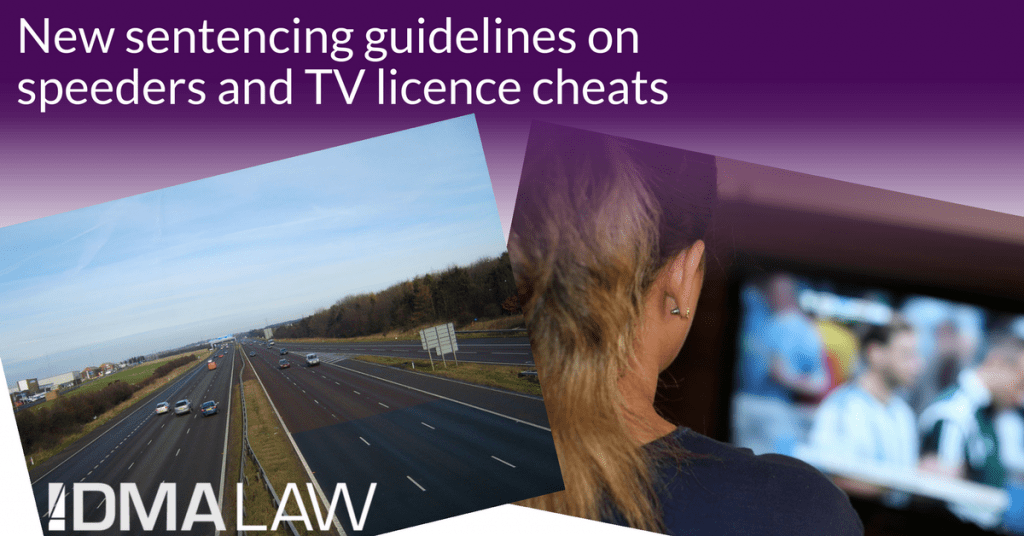 From April 24th, new guidelines will come into effect in all magistrates’ courts in England and Wales. This includes changes to the punishment for speeding and the punishment for dodging the TV licence fee.
From April 24th, new guidelines will come into effect in all magistrates’ courts in England and Wales. This includes changes to the punishment for speeding and the punishment for dodging the TV licence fee.
The Sentencing Council, the body behind the changes, has said that the new guidelines will take “a more thorough and sophisticated approach to sentencing”.
Speeding laws are getting tougher
Currently, fines for motorists caught going well above the speed limit start at 100% of their weekly income – however, that fine will now start from 150% of their weekly income. This comes as a result from consultation which argued that previous guidelines did not properly take into account the fact that, as the severity of the speeding increases, so does the potential harm to others.
TV licence changes
Those who dodge paying a TV licence fee could be issued with a conditional discharge instead of an automatic fine as of April. This means that dodgers would escape punishment unless they committed another offence within a set period of time. Additionally, magistrates will also be able to exercise leniency in cases where an offender has made a genuine error, or during times of “significant financial hardship” due to “exceptional circumstances”.
These new guidelines are expected to reduce the number of people convicted for TV licence evasion, where currently tens of thousands are prosecuted every single year for dodging the £145.50 licence fee.
Students can avoid the fee
Students can be covered by the TV license registered at their parents’ address, but only if the device the student uses to watch BBC programmes is powered by its own internal batteries. So this includes mobile phones, tablets, and laptops – just as long as they’re not plugged in at the time.
These are just two of the sentencing changes coming into effect on April 24th. Make sure to like our Facebook page for more news and updates about how new laws in 2017 will affect you.


